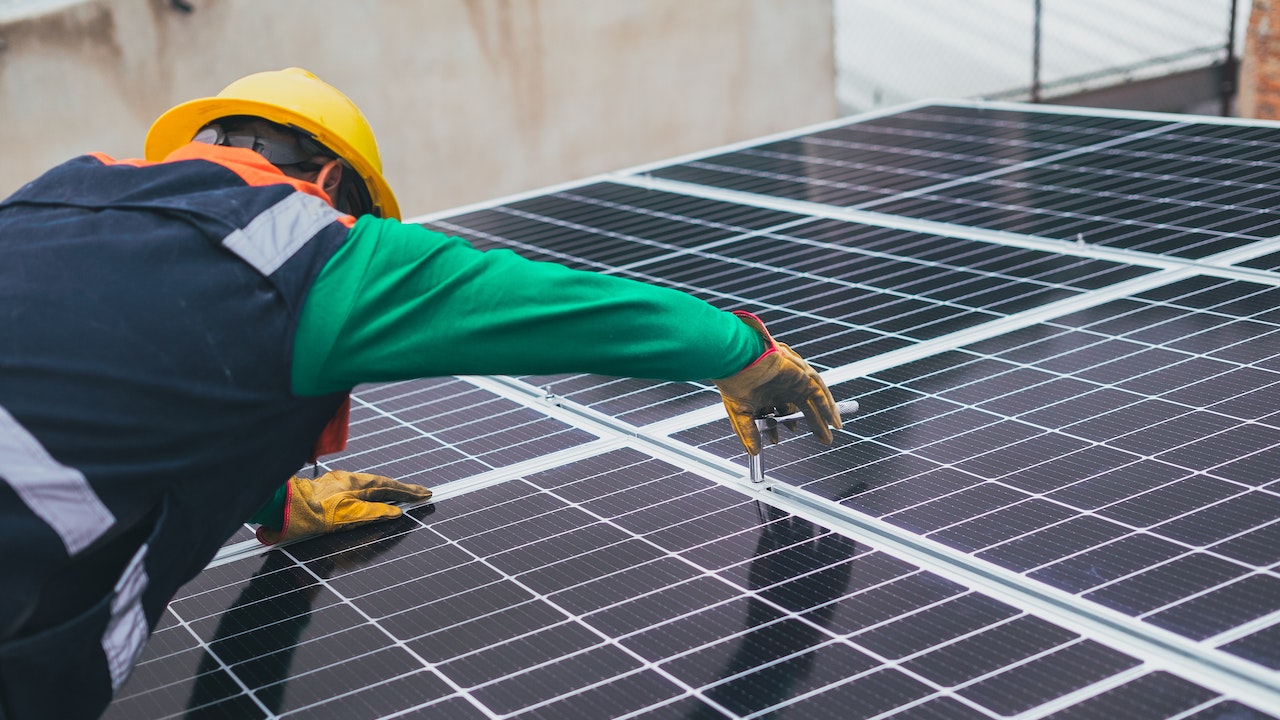UNHCR breaks ground on solar installations in Kenya and Uganda offices
The GFF enabled the private sector to solarize the three sites by providing a financial guarantee against specific types of risks in fragile settings.

UNHCR, the UN Refugee Agency, has broken ground on solar installations under long-term renewable energy agreements with the private sector at three of its office locations in Kenya and Uganda. UNHCR’s offices in Kakuma, Kenya and in Adjumani and Yumbe, Uganda serve a combined population of more than 650,000 displaced people.
This pilot project is part of the Green Financing Facility (GFF), an innovative financing initiative. Launched in 2019 with the support of the Swedish International Development Cooperation Agency (Sida), the GFF accelerates UNHCR’s transition to renewable energy across its offices globally. UNHCR has one of the largest office footprints out of all UN and humanitarian agencies, with more than 550 offices worldwide.
The GFF enabled the private sector to solarize the three sites by providing a financial guarantee against specific types of risks in fragile settings. This is the first time that this type of innovative financing has been utilized in refugee settings to provide long-term, high-quality, bespoke solar power supply.
“With these groundbreaking solar projects, UNHCR is taking an important step towards living its values of being green while fulfilling its mission of protecting people forced to flee their homes around the world, even in remote locations where power supply is a challenge,” said Hans Baritt, UNHCR’s Controller and Director of the Division of Financial and Administrative Management.
These sites are among the first UNHCR offices that will be solarized through the GFF. Additional procurements for other UNHCR offices are already underway, with the aim of reducing UNHCR’s total carbon emissions by at least 30 per cent by 2030.
“This project is the result of a multi-year collaboration between Sida and UNHCR to better understand the barriers to switching to renewable energy in humanitarian contexts and to co-develop solutions to address these longstanding challenges. The outcome of this collaboration is the design and set-up of the GFF,” said Ulf Källstig, Assistant Director General, Department for Africa, Sida.
In addition to Sida, the German Federal Ministry of Economic Cooperation and Development (BMZ) and the IKEA Foundation are also contributing to the GFF.
- READ MORE ON:
- Kenya
- Uganda
- UNHCR
- Green Financing Facility










